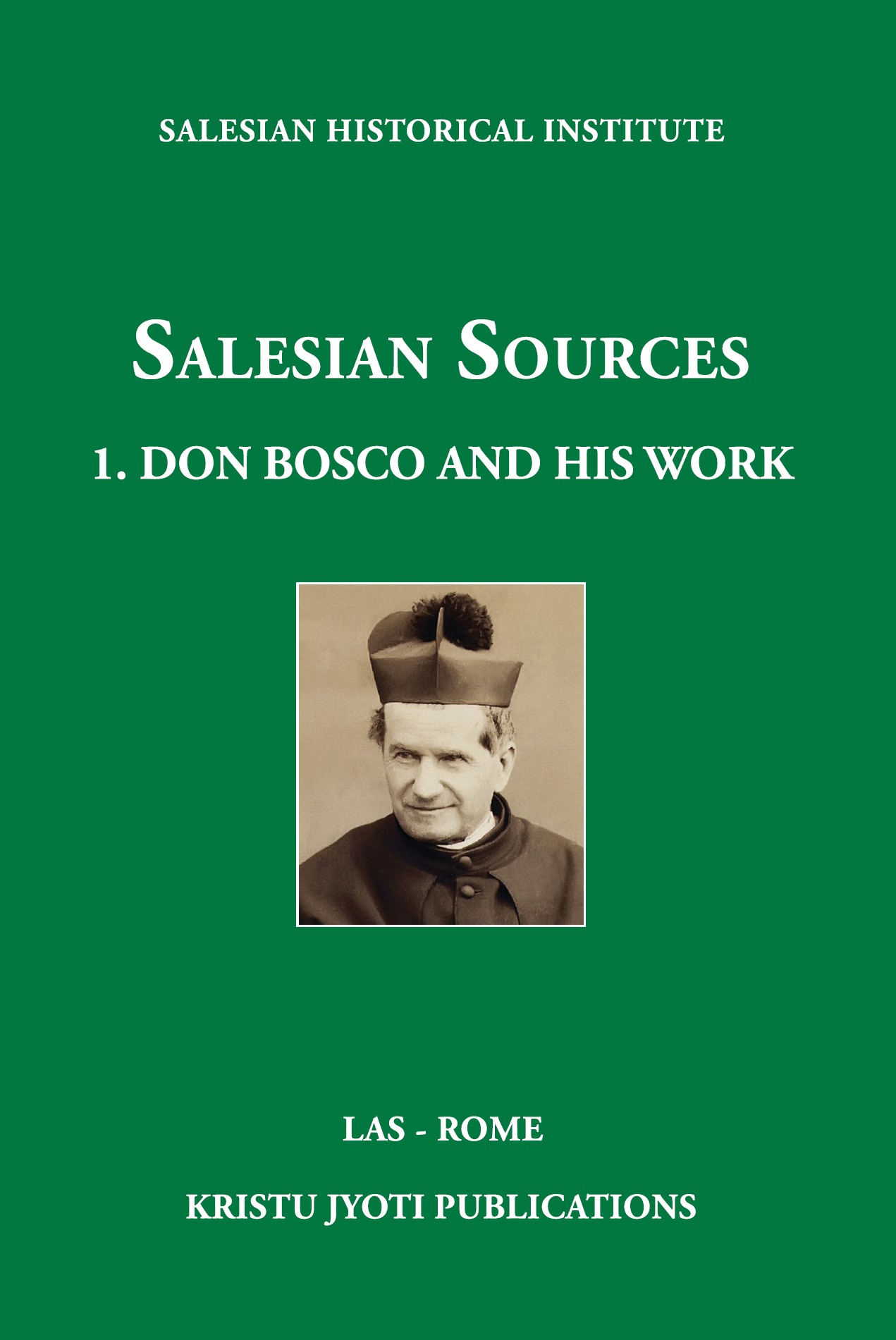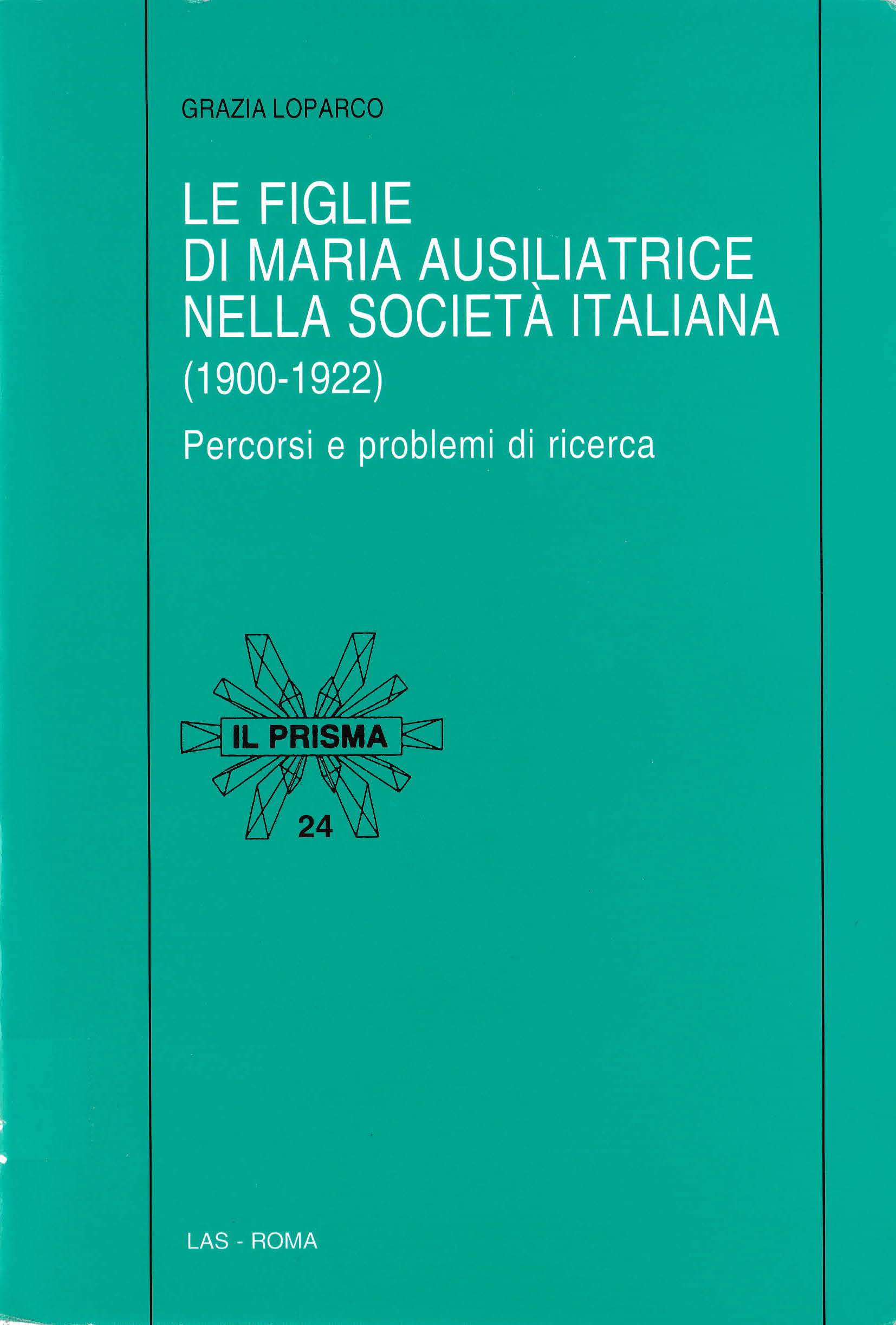Queste pagine, ravvivate dalla non rara citazione di autori dei primi del Novecento, come Turati, Treves, e della rivista Critica sociale, di storici ben noti, come Jemolo e Menozzi, dalla conoscenza di studi anche “laici”, ci presentano queste Figlie di Maria Ausiliatrice nel loro insieme: attive, coraggiose, vivaci, fedeli al proprio carisma salesiano, e insieme sensibili alle esigenze del momento. I terribili ispettori governativi del Ministero della Pubblica Istruzione (nelle scuole), e del Ministero degli Interni (nei convitti per operaie) lentamente superano la loro diffidenza, anche se parlano ancora di suore “furbe”. Quei liberali e quei socialisti sbagliavano. Non si trattava di furbizia, ma di adattamento ai tempi, di autentica ansia apostolica, che negli ospedali militari evitava qualunque pressione per la frequenza ai sacramenti, e si limitava a cenni accetti ed efficaci, e nelle scuole, negli oratori, nei convitti mostrava un sincero amor patrio, ma unito sempre alla piena fedeltà al papa, evitava troppe devozioni, ed insisteva sull’essenziale, correttezza, sacrificio, letture sane, confessione e comunione. Le Figlie di Maria Ausiliatrice non erano furbe nel senso deteriore, e forse non mancava in esse ogni tanto una certa ingenuità. Certo non erano per nulla politicanti, erano solo fedeli alla classica massima di don Bosco: “Dammi le anime, prendi il resto”.
Periodo di riferimento: 1900 – 1922
Loparco Grazia, Le Figlie di Maria Ausiliatrice nella società italiana (1900-1922). Percorsi e problemi di ricerca, Roma, LAS 2000.
Istituzione di riferimento:
Pontificia Facoltà di Scienze dell’Educazione “Auxilium”



